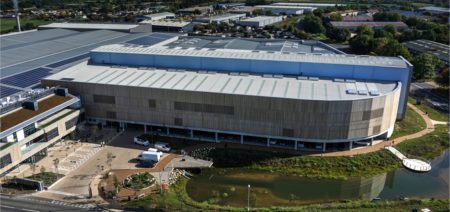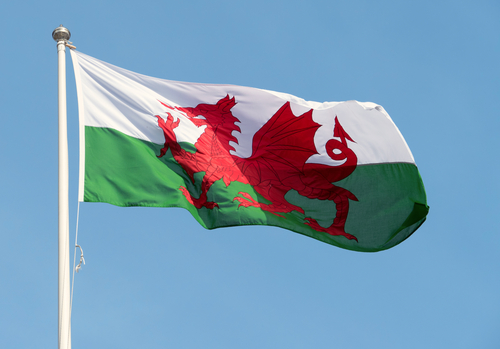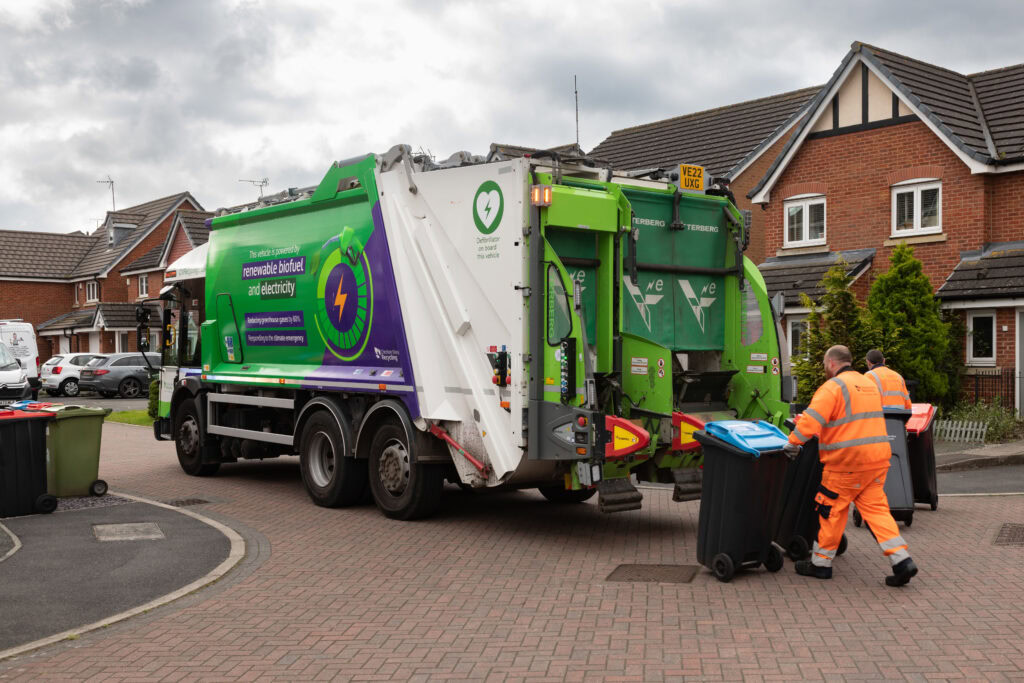The 417,000 tonne capacity plant was built under a 25 year contract between the two signed in 2012 (see letsrecycle.com story), and was said to be worth £800 million over its lifetime.

The argument, in essence, saw Essex arguing the plant was not built correctly and Urbaser Balfour Beatty reasoning that they had not received the type of waste expected under the contract.
The first residual waste arrived at the MBT facility at ‘Tovi Eco Park’ near Basildon in November 2014. Construction work had started on the facility in March 2013.
However, the plant did not pass acceptance tests as part of the commissioning process and has been hit by lengthy delays. It had an “Acceptance Longstop Date of 12 January 2017″, the court documents said.
Acceptance tests
Essex began court proceedings in 2017, and argues that UBB “failed to design and construct the facility” so that it was capable of passing the Acceptance Tests in time.
The council contends that “UBB’s failure either to pass the Acceptance Tests or to attempt to do so by the Acceptance Longstop Date was an event of contractor default and seeks, among other relief, damages and a declaration that it is entitled to terminate the contract “.
Waste composition
UBB, a joint venture company between Urbaser and Balfour Beatty, denied any fault.
The company argued that, upon the true construction of the agreement, the facility was capable of passing the Acceptance Tests and that Essex was wrong not to recognise the Quasi-Acceptance Tests as evidence of the same.
“Further, UBB contends that the performance of the facility was critically dependent on the composition of the waste,” the court document said.
The case was heard over 25 separate days between 1 May and 14 October 2019.
Decision
Sir Edward Pepperall handed down his decision today, saying “the fundamental problem with this project was that UBB made a number of serious design errors”.
“The fundamental problem with this project was that UBB made a number of serious design errors”
He said: “Its density assumptions were based on little more than calculations on the back of the proverbial fag pack such that the biohalls were seriously undersized and incapable of processing the guaranteed tonnage of waste.
“UBB therefore designed and built a facility that simply could not pass the Acceptance Tests”.
Council
Essex county council released a statement today (18 June) after the decision was handed down, explaining that “due to the complex nature of the plant, a lengthy commissioning or testing period during which any issues could be addressed was always envisaged”.
It added: “However, during this commissioning period, it became apparent that there were a number of performance issues and Essex County Council was in ongoing contractual discussions with the plant’s owner in an attempt to resolve these.
“Viable solutions to these issues were not found and in 2017 Essex County Council referred matters to the High Court for resolution to protect taxpayers’ interests.”
‘Pleased’
Cllr Simon Walsh, Essex county council cabinet member for environment and climate change action, said: “We are pleased that the judge supported our position that the issues at Tovi Eco Park are due to the original design and build of the plant.
“During the commissioning period we were aware that UBB was experiencing plant performance and process issues and worked closely with the owner to attempt to resolve these. Unfortunately, the contractor was unable to resolve these to our satisfaction and we referred the matter to the High Court for resolution, as part of the process laid out in the contract.
“We are delighted that the judge’s decision was in our favour and will now take stock and consider our options going forward.
“This result does not affect the collection of household waste across the county which will continue as normal.”
UBB
A spokesperson for Balfour Beatty said: “Balfour Beatty is one of two shareholders in UBB Waste (Essex) Limited, the project company & defendant in the Essex litigation. We note the judgment handed down by the Court.
“Balfour Beatty and the project company are studying the judgment and considering possible next steps. As such, it would be inappropriate to comment further at this time.”
Damages
The council has been awarded damages of £9,038,428 to the end of February 2019 and continuing losses thereafter at £99,563 per month. The judge also declared that the Authority was entitled to terminate the contract as at 13 June 2019.
The complex case involved several other counter-claims. UBB was awarded £745,234 in damages in relation to a claim regarding asbestos.
The other claims were dismissed by the court.
Landfill
In December 2019, Essex county council announced a contract to send 200,000 tonnes of waste to landfill (see letsrecycle.com story)









Subscribe for free